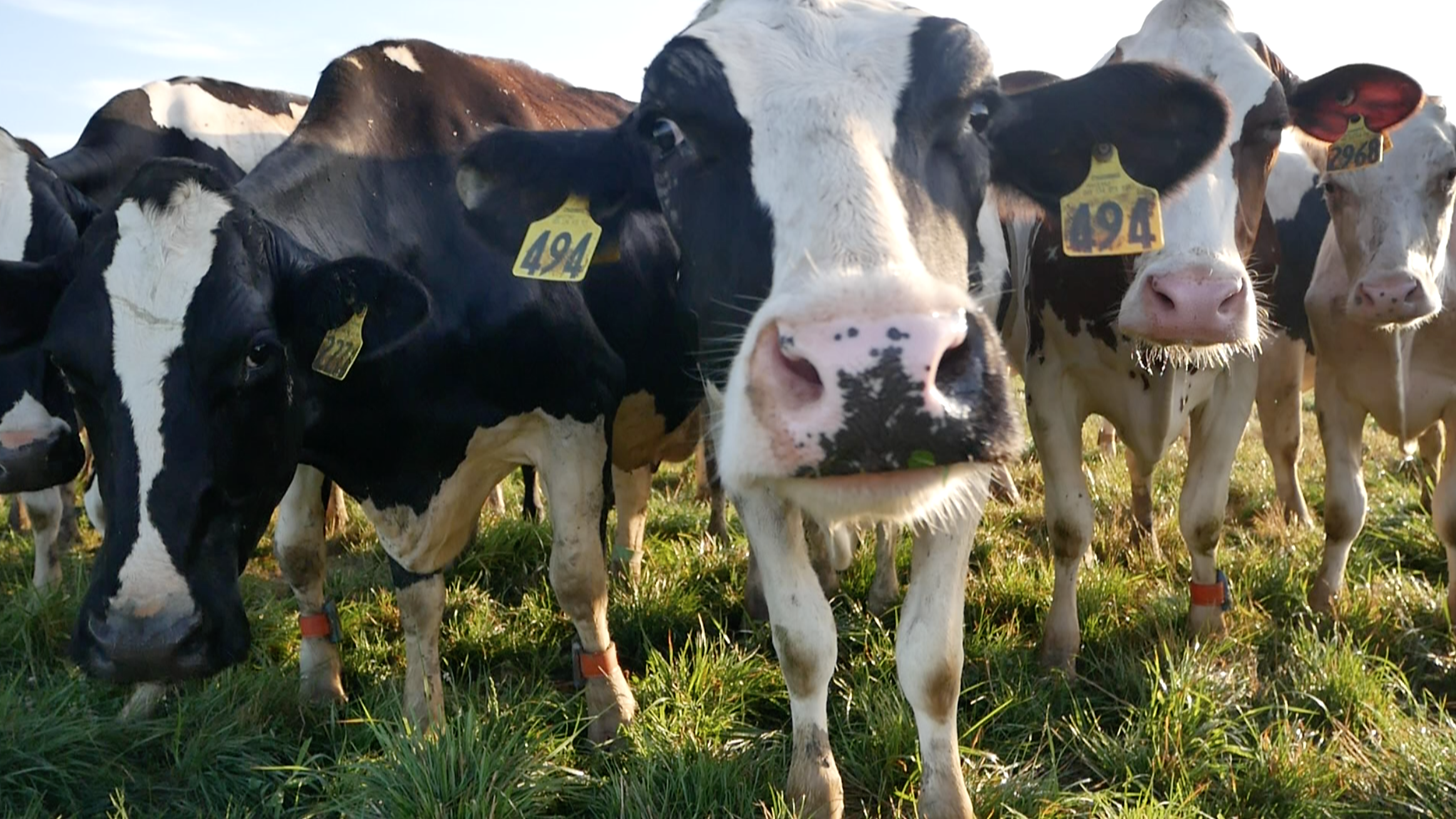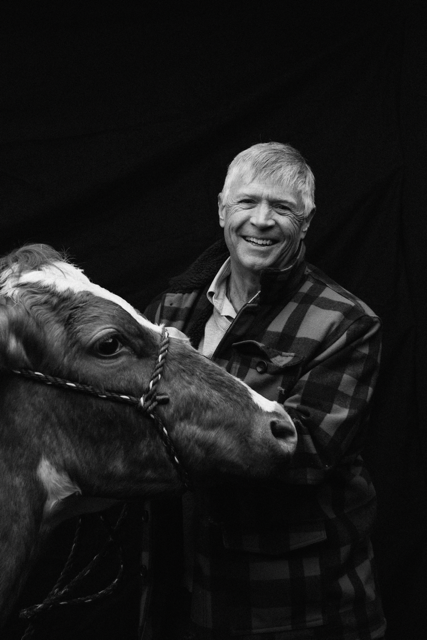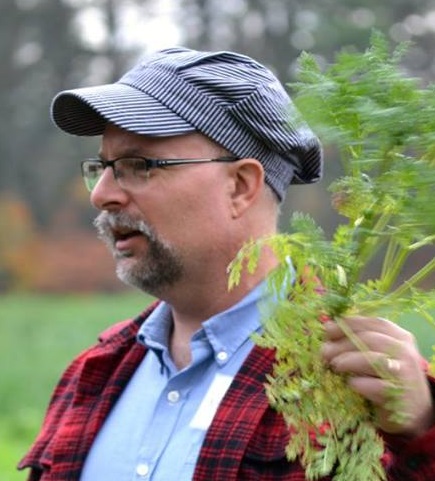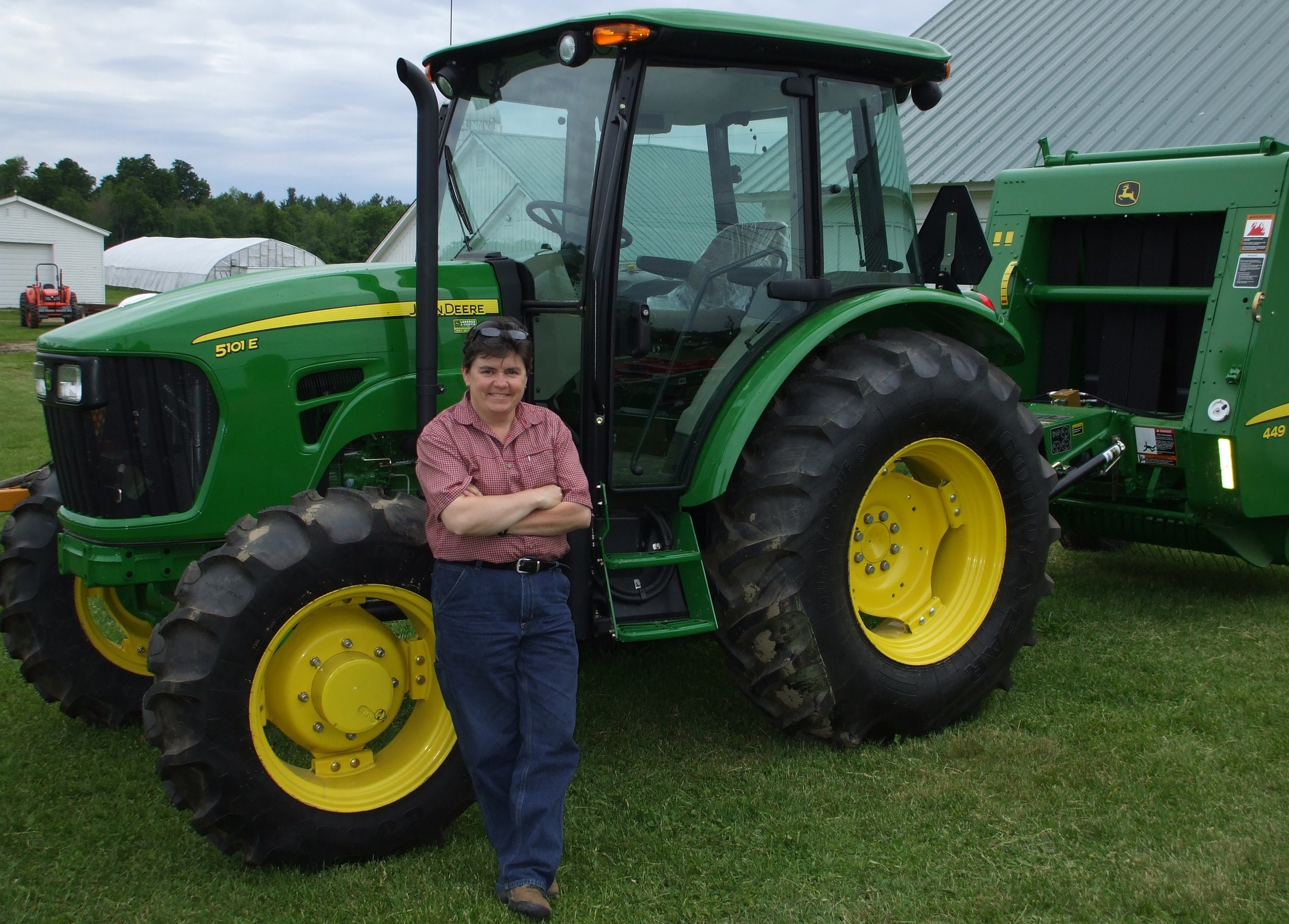Organized in a flexible manner, this program is for today’s busy dairy farmers and agricultural service providers.
By providing (1) a core set of education programs and PowerPoint presentations and (2) a menu of hands-on activities, websites with 360 tours and resources for demonstration projects and on-farm research. Specifically, we suggest using early adopters of innovative crop and livestock production practices associated with climate adaptation as participants in hands-on learning opportunities for dairy farmers.
Program Objectives
Farmers and agricultural service providers will have knowledge about the impacts of climate change on dairy systems in their region.
Farmers will have the ability to make good planning decisions that will benefit them in managing their crops and livestock in different and challenging environmental conditions.
Agricultural service providers will have the ability, through their existing programs and outreach efforts, to support farmers to address the impacts of climate change and evaluate opportunities
Who is Involved?
Program facilitators and/or agricultural service providers deliver core educational content, and serve as a resource for participants throughout the program. Early adopters and farmer fellows will be a key component of the programs targeted towards the dairy community. Peer learning through panel discussions at winter meetings or on-farm demonstrations and farm “walks” during the growing season are probably the most effective method of information transfer for dairy producers.
Time Commitment
The program is designed to flexibly accommodate the interests of participants. Since most dairy producers are limited in their potential to participate in traditional classroom style learning, service providers will be encouraged to use materials and resources provided as they deem appropriate, but are encouraged to facilitate knowledge transfer through demonstrations and on-farm research. Alternatively, some producers learn best or are only available to learn through one-on-one consultations.
Program Materials
The program contains two types of materials. First, there are core materials related to (1) climate change science, (2) climate change communication skills, and (3) guidance on integration of climate change materials into existing programs. Second, there is a menu of program activities that program facilitators and fellows can chose from, depending on their specific interests and the financial resources available.
COURSE FACILITATOR SLIDE DECKS AND TEACHING NOTES
Slide decks and teaching notes should be used by course facilitators and are the backbone of the fellowship module. Slide decks and teaching notes are to be used together.
FELLOW ACTIVITY WORKSHEETS
Fellows can choose among as many of the worksheet activities as they wish, according to their interests, needs, and available resources. Each activity is described in detail, including the amount of time required to complete and the anticipated cost.
Support and Feedback
Course facilitators will be able to contact the Program Developers for support, both during the program and afterwards. Developers will work with program facilitators to design a pilot that best meets the needs of their community. Facilitators can assist Developers by offering honest feedback about the program and completing evaluation activities.





